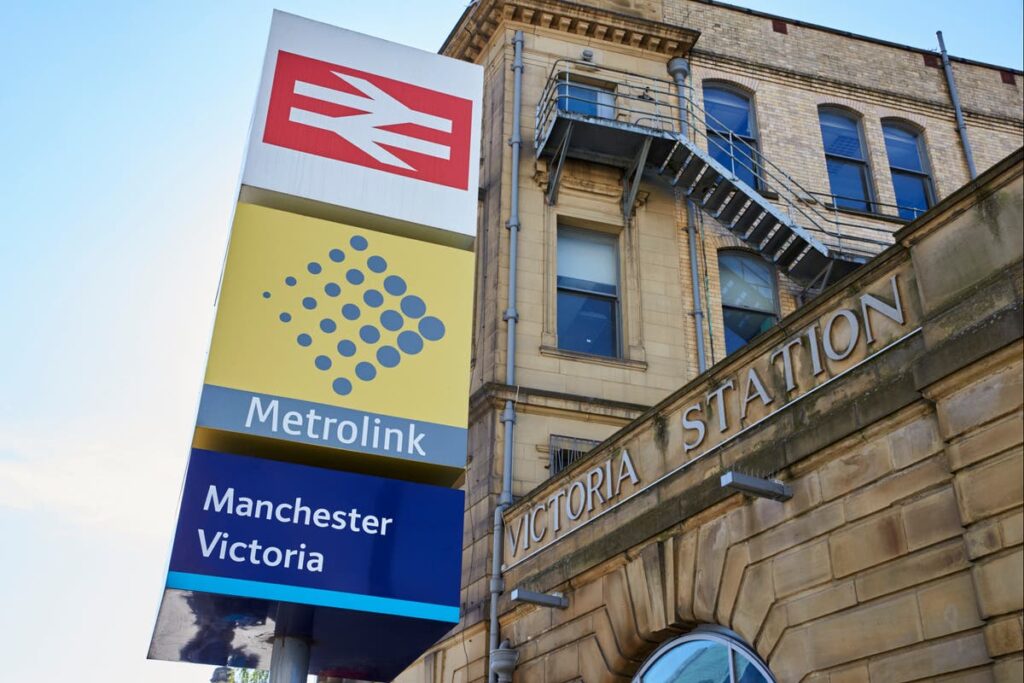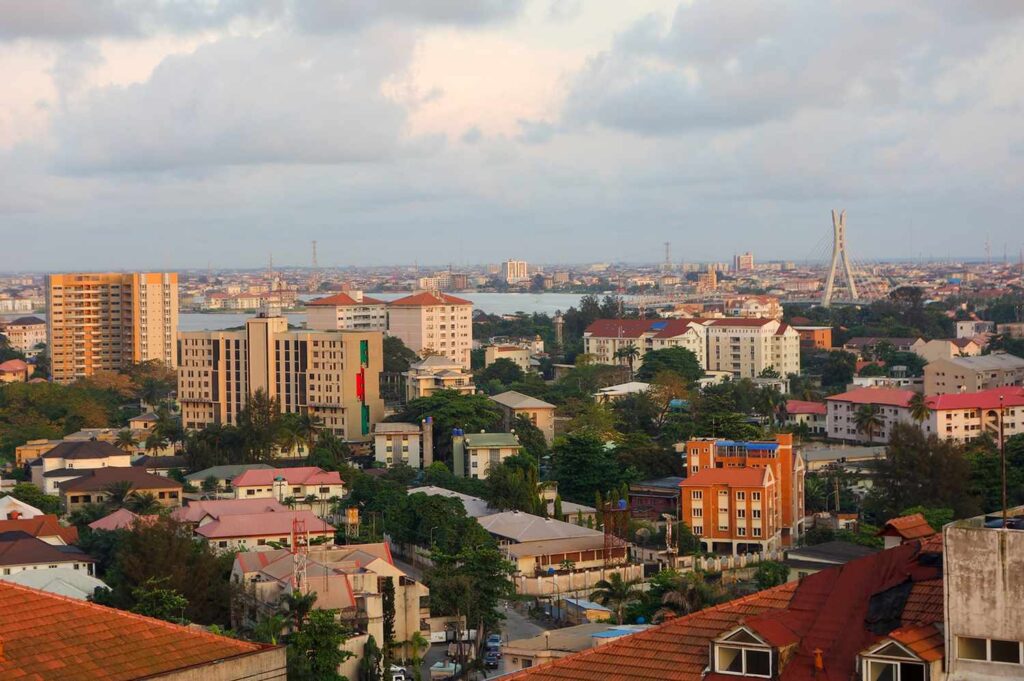
Your support helps us to tell the story
From reproductive rights to climate change to Big Tech, The Independent is on the ground when the story is developing. Whether it’s investigating the financials of Elon Musk’s pro-Trump PAC or producing our latest documentary, ‘The A Word’, which shines a light on the American women fighting for reproductive rights, we know how important it is to parse out the facts from the messaging.
At such a critical moment in US history, we need reporters on the ground. Your donation allows us to keep sending journalists to speak to both sides of the story.
The Independent is trusted by Americans across the entire political spectrum. And unlike many other quality news outlets, we choose not to lock Americans out of our reporting and analysis with paywalls. We believe quality journalism should be available to everyone, paid for by those who can afford it.
Your support makes all the difference.
Manchester Victoria has been revealed as the station with the highest percentage of service cancellations in 2024 in an analysis of the busiest train stations in the UK.
Around 9.5 per cent of all scheduled stops in Manchester Victoria were found to have been cancelled between January and November this year, according to a BBC analysis of National Rail figures collected by train data website On Time Trains.
More than three million stops were cancelled across the UK between January and November this year, which amounts to 3.8 per cent of nearly 83 million scheduled.
The north-west of England was the worst region for cancellations due to having the highest rate at 6.5 per cent, which amounts to 611,047 cancellations.
Manchester Victoria is operated by Northern, which also runs its services through the station, but the TransPennine Express and CrossCountry trains also stop there.
When asked about the results, a Northern spokesperson told The Independent: “We are sorry for our recent performance, accept it has not been good enough and understand the impact this has on our customers.
“We are working hard to address issues with train crew availability so we can improve reliability for our customers.
“We recently secured a new rest-day working agreement for our train drivers, however an offer that was put to our conductors in the North West to secure a commitment to work on Sundays was rejected by their members in a referendum vote.
Sundays are currently outside the working week for the majority of conductors in the North West due to an agreement that was inherited by Northern Trains Limited when it was set up to run services in 2020.
“If it had been accepted, we believe that deal would have improved reliability in the short-term while we worked with the RMT to secure a longer-term agreement, “ the spokesperson added.
“Despite this setback, we will continue to work with colleagues and the RMT union to find a new way forward.
“We realise there is more to be done to address issues with performance and are now focused on delivering our improvement plan.”
The analysis of train cancellations focused on the busiest stations in the UK ranked by the Office of Rail and Road.
Just behind Manchester Victoria was another of the city’s stations, Manchester Oxford Road, with 8.1 per cent of scheduled stops cancelled in the first 11 months of the year.
While Manchester tops the list, London stations dominate the top 10, with Shepherds Bush (6.8 per cent), Dalston Kingsland (6.6 per cent), Hackney Central, (6.5 per cent), City Thameslink (6.5 per cent) and London Blackfriars (6.3 per cent) featuring on the list.
St Albans (6.8 per cent), a station on the London commuter belt, as well as a third Manchester station, Manchester Piccadilly (6.7 per cent), and Bristol Temple Meads (6.3 per cent) also made it into the top 10.
The BBC says it calculated the percentage of scheduled stops with a cancelled arrival and/or departure by using National Rail data collected by On Time Trains.
This differs from the cancellation analysis by the Office of Rail and Road, which factors in full and partial cancellations, planned timetable changes, strikes and reduced staffing, the publication said.
A Rail Delivery Group spokesperson said: “We know how important reliability and punctuality is to customers.
“The rail industry is working hard to maintain as many services as possible, but delays and cancellations can occur due to various factors like weather and flooding, industrial action, infrastructure issues such as track or signalling faults, train faults and external incidents such as trespass.
“We know this isn’t acceptable to those who rely on the rail network for work, business travel or for leisure, and everyone across the railway is working hard to make sure that train services are reliable and punctual for customers. The industry is working together to address the main causes of delays and cancellations.
“We don’t recognise the figures as being published by the Office for Rail and Road, so are unable to provide any further comment.”
The UK’s 10 worst major train stations for cancellations in 2024:
- Manchester Victoria – 9.5 per cent
- Manchester Oxford Road – 8.1 per cent
- Shepherd’s Bush – 6.8 per cent
- St Albans – 6.8 per cent
- Manchester Piccadilly – 6.7 per cent
- Dalston Kingsland – 6.6 per cent
- Hackney Central – 6.5 per cent
- City Thameslink – 6.5 per cent
- Bristol Temple Meads – 6.3 per cent
- London Blackfriars – 6.3 per cent
For more travel news and advice, listen to Simon Calder’s podcast


